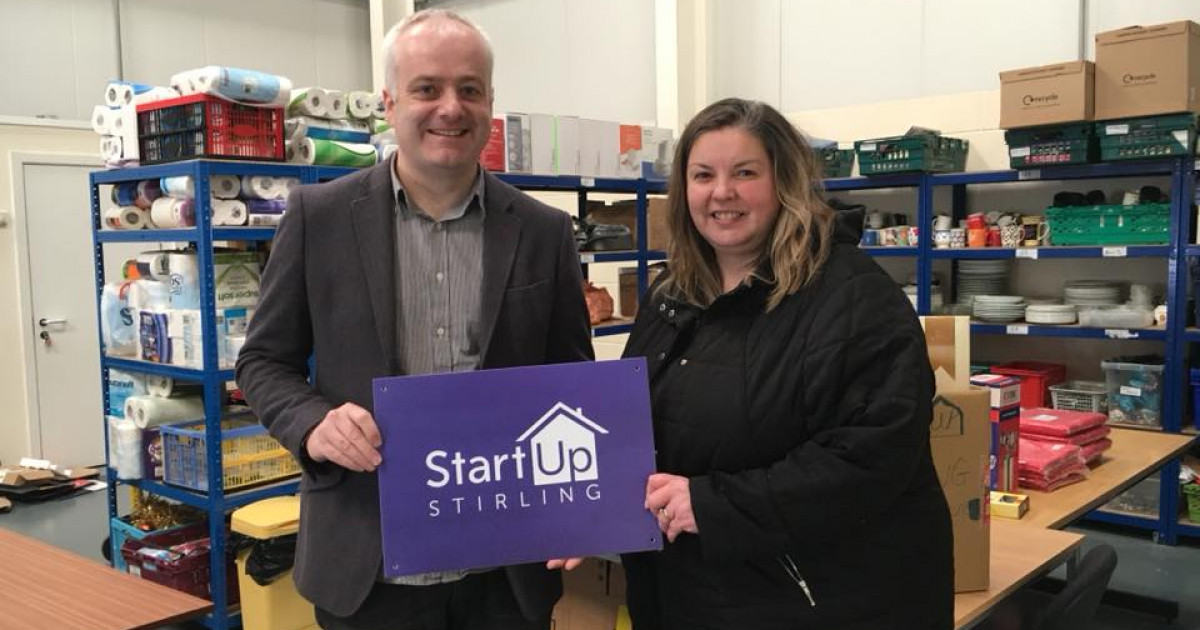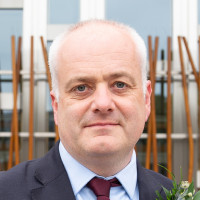We need a welfare system that is simple, fair and compassionate

This article first appeared in the Stirling Observer.
I’m hearing from food banks that demand for food is soaring again and they are struggling to keep up, so donations and support need to keep flooding in.
However as the dedicated food bank workers at Start-Up Stirling often point out, we can only truly tackle demand if we address the root causes of poverty in our society. For those who cannot work that means a welfare system that is simple, fair and compassionate.
The recent vote on the Government’s Social Security Bill was an important moment for the Scottish Parliament. Taking on fresh powers, Holyrood had the opportunity to replace parts of a Tory welfare system that seem to have been designed more to humiliate than help claimants.
Medical assessments in particular have been one of the most damaging parts of the welfare system. Research conducted by Heriot-Watt and Napier Universities found that “for many, [the Work Capability Assessment experience] caused a deterioration in people’s mental health which individuals did not recover from.”
Green MSPs brought forward amendments to end these unnecessary medical assessments by ensuring decisions about benefits are made using evidence that is already available. This was the highest priority for Scotland’s new social security system according to users of Citizens Advice Bureaux across the country.
By ending these unnecessary assessments, it will prevent the errors and duplication which cause so much disruption and stress to applicants’ lives. Existing evidence from GPs, social workers and other professionals should, in many cases, be sufficient to corroborate a claim.
Green amendments also created a requirement to justify assessment requests if they are needed, taking into account how and where people want any assessment carried out and how far applicants need to travel.
We also successfully amended the Bill so that Scotland’s Social Security system will include a principle that it should reduce poverty, and we have made the case that carers who care for more than one person deserve extra payments.
Once again we are bringing a constructive voice to Holyrood and getting wins which will help make Scotland a fairer country.
We also secured a Local Rail Development Fund through the Scottish budget earlier this year. My team and I have been working with representatives from both Alloa and Kincardine Community Councils on an application to the fund to look at the business case for re-opening the Stirling-Dunfermline rail route again.
Nearly 10 years on from the re-opening of Stirling-Alloa, it’s time to take the next logical step and get Stirling connected back to Fife. There is a strong partnership starting to emerge and I’m pleased that Fife Council are now helping to support our bid. Let’s hope Stirling Council also sees the economic opportunities that could come our way as a result.
While we work towards extending the rail network, the state of our current services also needs some attention. I met recently with the Transport Minister to discuss how additional seating capacity can be introduced. It will come once electric trains are fully commissioned on the Glasgow-Edinburgh service freeing up rolling stock for use elsewhere. For rush hour commuters like myself it can’t come a moment too soon.
From trains to nuclear warhead convoys, I held a Holyrood debate last week on the safety concerns as they thunder through Stirling and onwards to Drymen. Although defence is reserved the Scottish Government has a responsibility to ensure there are robust emergency plans in place should an accident ever occur. As a result of my debate the Minister has agreed to commission a review from the police and fire service inspectorates of the safety plans. Welcome progress on an issue that has troubled many communities in the Stirling area over the last three decades.
